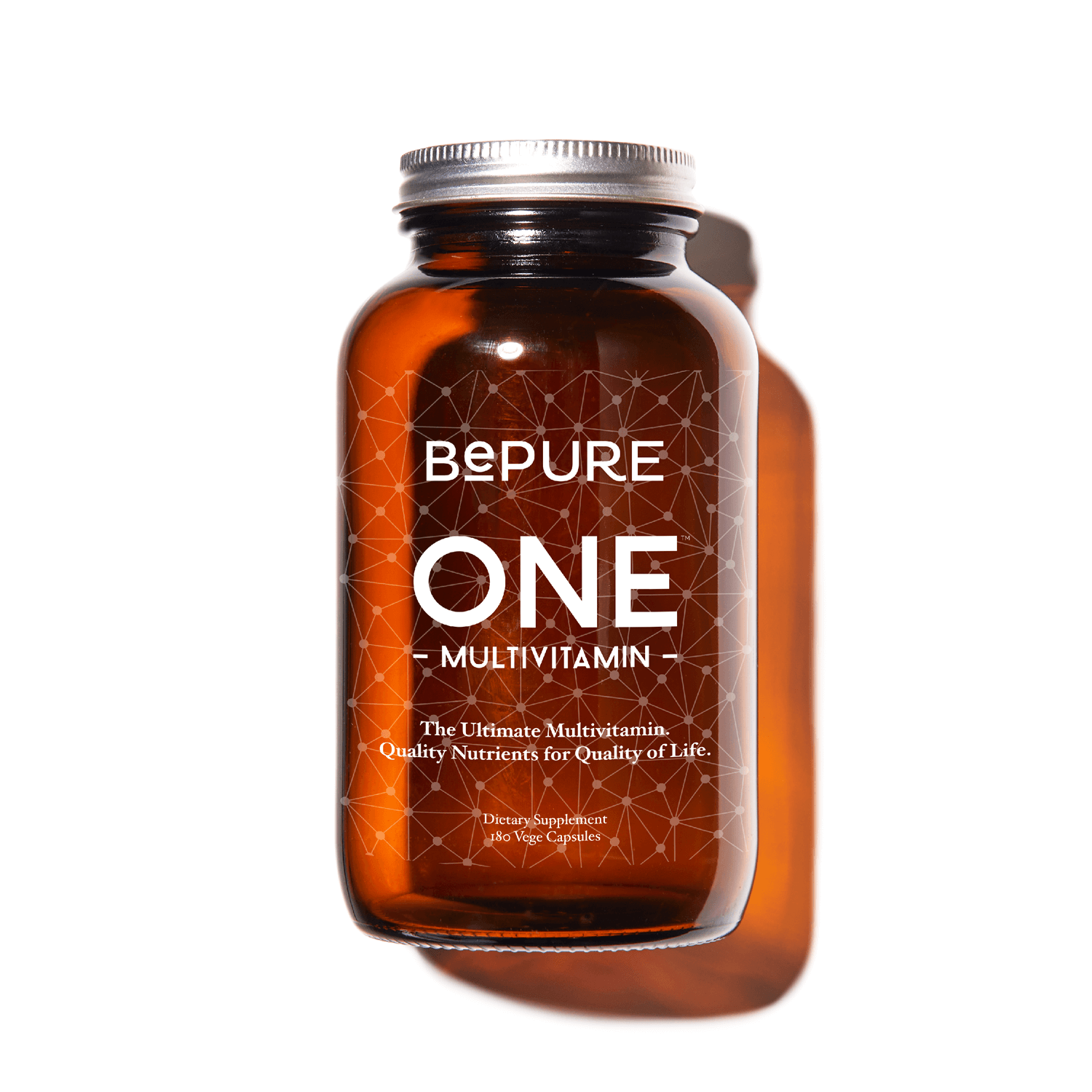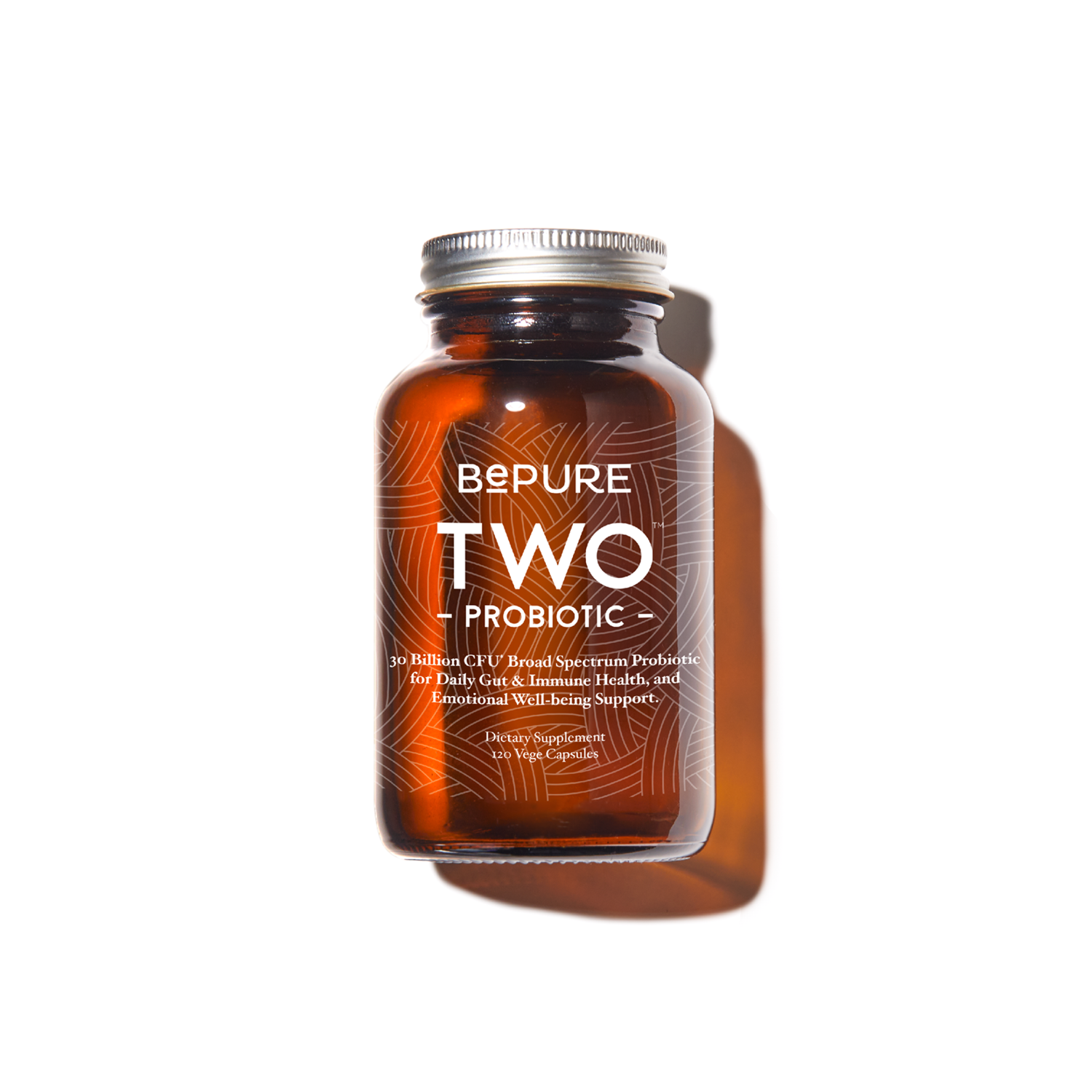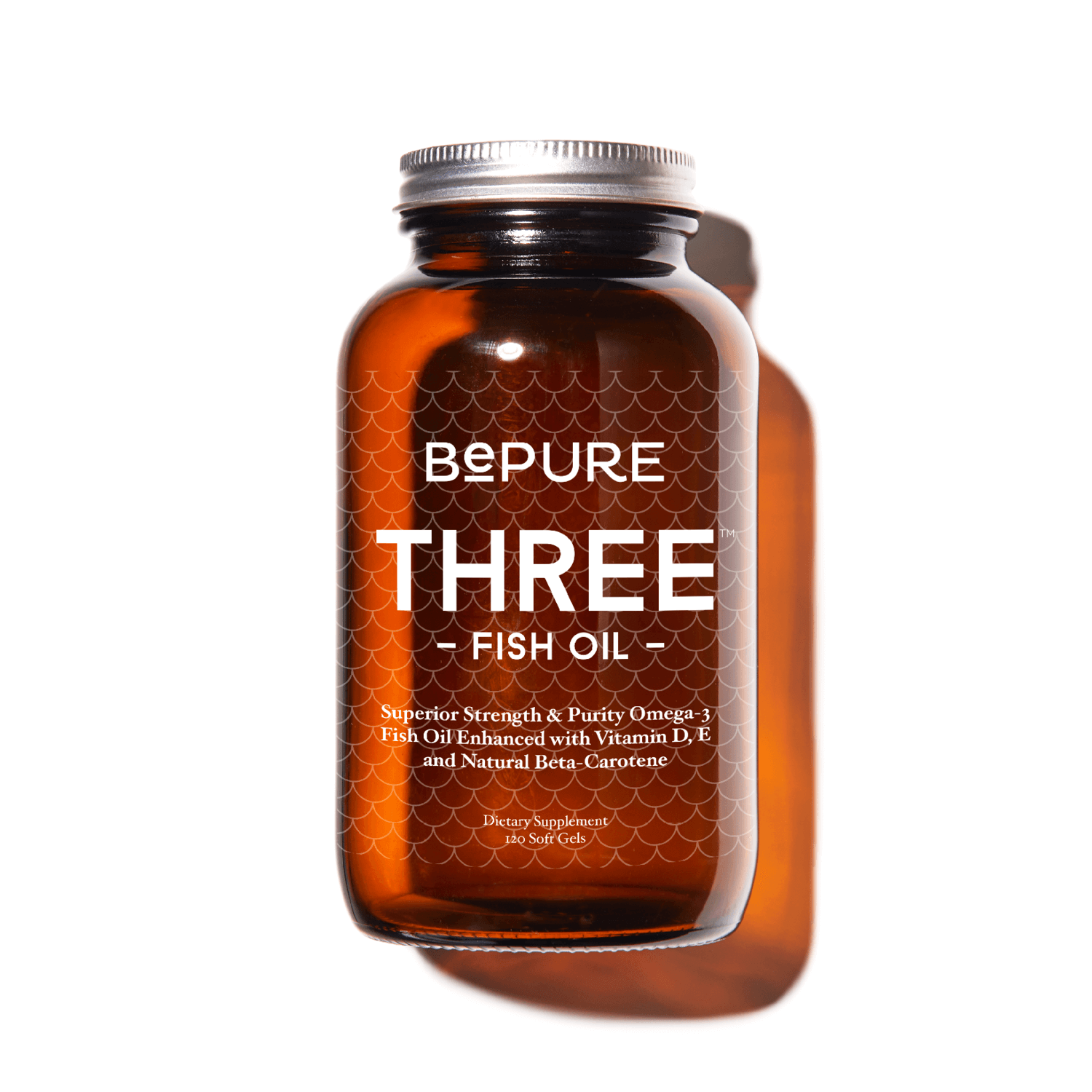Winter has arrived, bringing with it shorter days and a briskness in the air. Change is the one thing we can always be guaranteed of in life and this shift in season is a reminder that change is always constant.
This seasonal shift into Winter can also bring change to how we feel and some of us might experience a feeling of the Winter blues. And the Winter blues is a real thing! More commonly known as SAD (Seasonal Affective Disorder).
“During the winter month many of us might experience a feeling of the Winter blues.”
While the specific cause of SAD is unknown, there are factors that might contribute to SAD including the levels of our happy hormones; serotonin and dopamine levels, as well as our adrenaline levels.
The good news is there are natural ways you can boost these happy hormones through the Winter months. First, let’s look at why they are so important:
Serotonin, our ‘feel good’ hormone is in charge of keeping you happy, confident and calm. It plays a huge role in our mood, sleep, appetite and maintaining body temperature.
Dopamine is our reward chemical, otherwise known as the ‘motivation molecule’ that boosts our drive, focus and concentration.
While the hormone adrenaline is not one of our ‘happy hormones’, is also important because it is associated with energy and stress. If we have too little or too much adrenaline, this can lead to anxiety and nervousness, which impacts your mood. The trick is having just the right amount.
Now we know why these hormones are so important, so let’s take a look at how we can naturally boost your mood:
1. Increase your protein intake
Serotonin depends on the precursor tyrptophan, which is an essential amino acid. Amino acids are the building blocks of proteins and proteins are the building blocks for your hormones. There is another important amino acid called tyrosine that is needed for dopamine production.
“Amino acids are the building blocks of proteins and proteins are the building blocks for your hormones.”
Foods high in tryptophan and tyrosine are meat, fish, eggs, seeds, nuts and also oats, chickpeas, bananas and chocolate - yes chocolate! (Ideally 70% cocoa and sugar-free)
2. Increase your vitamin and fatty acid intake
Vitamin D plays a role in serotonin and dopamine production. While the best source of vitamin D is sunshine, there are some food sources of vitamin D such as oily fish, liver eggs, mushrooms, raw dairy (milk, cheese) and lard in your cooking.
“Vitamin D and omega 3 fatty acids plays a role in serotonin and dopamine production.”
Omega 3 fatty acids are also essential for serotonin production. Foods that are rich in omega 3 fatty acids are eggs, nuts, raw milk (if tolerated), leafy green vegetables and oily fish.
3. Nurture great gut health
The majority of serotonin and about half of your dopamine is made in your gut. This means that the health of your microbiome influences your serotonin and dopamine production. This is why nurturing great gut health is so important.
“The majority of serotonin and about half of your dopamine is made in your gut.”
4. Slow down on stimulants
While sugar and caffeine have been found to boost dopamine, this is only a temporary boost and ultimately contributes to a nutrient deficiency. Sugar and processed carbohydrates are also major culprits at wreaking havoc to your gut health.
“Sugar and processed carbohydrates are also major culprits at wreaking havoc to your gut health.”
5. Wake with the sun
Keeping in natural rhythm with daylight hours will help boost your serotonin levels. This means exposing yourself to natural daylight in the morning and during the day. It also means ensuring that you go to bed at a reasonable time.
6. Improve your sleep quality
When your serotonin levels decrease this can impact your sleep quality. When you aren’t sleeping well, it is more likely that you won’t feel great either, in fact some researchers have found that disturbances in circadian rhythms have been linked to depression. This means making sure you have a nourishing bedtime routine is essential for improving your sleep quality.
7. Exercise to release natural endorphins
Exercising right for you has so many benefits and one of them is improved mood. This is because when you exercise you release natural endorphins, leaving you feeling great.
“When you exercise you release natural endorphins, making you feel great.”
8. Practice gratitude and set goals
When you achieve a goal, hit a target, or accomplish a task, you receive a pleasurable hit of dopamine in your brain, telling you, you’ve done a good job. But you can also get a natural dose of dopamine when you perform acts of compassion toward others.
9. Embrace human touch (give a friend a hug!)
It is no doubt that humans love affection. Being hugged gives us those warm fuzzies, automatically triggering the release of more happy hormones.
10. Nourish your body with nutrients
B Vitamins are crucial across the board when it comes to how we feel day to day. The best dietary sources of B Vitamins are dark, leafy green vegetables. Other key nutrients to support mental wellness are magnesium, zinc, selenium, iron and potassium. Foods like cacao, brazil nuts, cinnamon, coconut water and antioxidant-rich foods such as blueberries are all wonderful additions to your diet. In times of chronic stress, we recommend taking vitamin C to help support recovery. Citrus fruits are also great food sources of vitamin C.
However, as we know, we have a lack of minerals in NZ soils. This means that our bodies won’t naturally receive the support they need to actively manage the high levels of stress we experience in our modern day lives.
We recommend adding in a high-quality, high-strength multivitamin supplement. BePure One, is an incredibly powerful multivitamin with a base of greens, to give our body all of the missing nutrients it needs in one go. With over 50 bioavailable ingredients, including all the nutrients mentioned above, BePure One is a simple solution.



